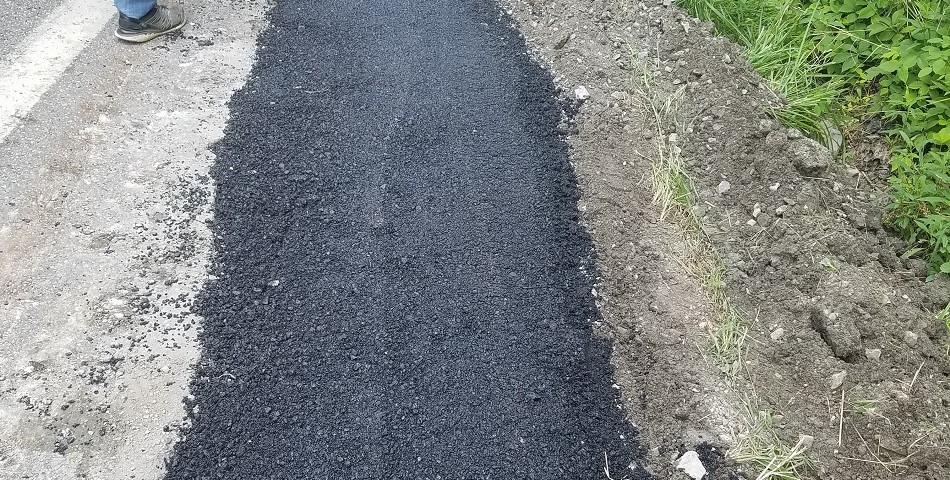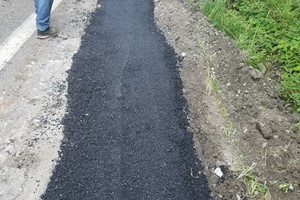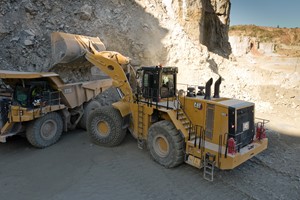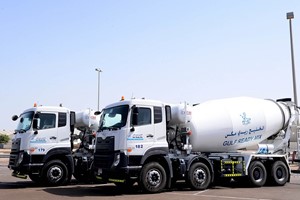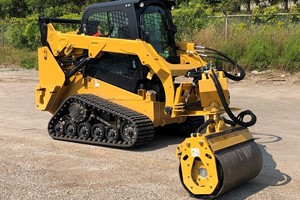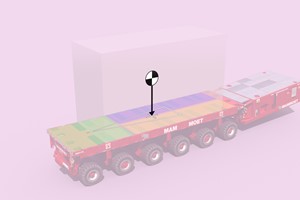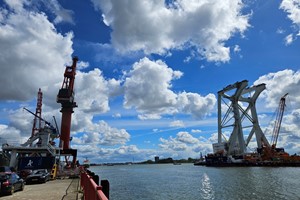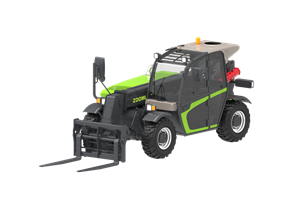Crewmember safety is the highest priority in road construction. However, traditional compaction machines are about as rigid as it gets. Every degree of slope is felt by operators as they sweat through the sloping road shoulders and ditches, risking a rollover but hoping for the best. OSHA investigations have shown the ability of Rollover Protective Structures (ROPS), seatbelts and Personal Protective Equipment (PPE), such as hard hats, to save lives during a compactor rollover accident, but these do little to prevent an accident in the first place. Instead of working with a flawed platform, some manufacturers are taking the main obstacles presented by traditional compaction rollers — danger, high maintenance and limited utility —and remaking the compaction process from the ground up. When considering a new compaction roller, here is what to look for.
Safety-Focused Design
The biggest hinderance to compaction safety has been manufacturers seeing the compaction drum as a source of motion, compaction and stability all in one. But relocating the drum to an offset arm attachment immediately solves the safety issue. Now, as an attachment, the compaction roller can be connected to graders, compact track loaders, wheel loaders or skid steers. These host machines provide a separate source of power for the compaction drum and, thanks to the offset arm, stability and safety for the operator. With this setup, an operator can now drive the host machine on flat ground while the arm extends to the furthest, steepest edge of sloping road shoulders and ditches, while still being able to compact flat surfaces, too. Improving safety to this extent puts a major dent in workers comp claims, lowers insurance premiums and increases safety ratings — a necessity to contractors bidding on competitive jobs. Shifting the drum to an offset arm attachment drastically improves safety, but it can also unlock a host of other benefits.
Minimal Maintenance Downtime
With the compaction roller now being a separate system, it no longer has an onboard engine, transmission or any associated parts to maintain. To further limit downtime, look for an attachment that offers a universal mounting pad and simple hydraulic connections for a smooth setup and disconnect to the host machine. Also consider remote-controlled options. Certain compaction roller attachments can be paired to the remote in seconds, giving the operator complete control over adjustments from the palm of their hand and without leaving the host machine’s cab. Typically, aside from a handful of grease fittings to maintain and cleaning off debris, compaction roller attachments have no maintenance to speak of — no more oil changes, filters, transmission fluid or any hard parts to wear and break. This can make for 90% less maintenance over self-propelled machines. Cutting out the unnecessary bulk seen with traditional compaction machines also allows manufacturers to design a more compact, versatile machine.
Easy Adjustability & Transportability
Now that the compaction drum doesn’t have to stabilize and propel the machine, manufacturers can provide interchangeable drum sizes to fit customers’ various applications. To get the same benefit with traditional compaction machines, contractors would have to purchase multiple self-propelled machines, all with engines and transmissions that will eventually fail and need maintenance and costly repairs. The compact size of compaction roller attachments makes transport easier, too. Many are capable of fitting on any common trailer, along with the host machine, and can be towed by a standard pickup truck. For increased adjustability, look for a unit that not only allows for remote controlled adjustments of the attachment arm, but also of the drum itself. Some drums can pivot up to 30 degrees and reach up to 30 inches below the arm’s mounting point. This allows the roller to easily compact slopes at various angles that would flip a traditional compaction machine. In the middle of a busy roadwork season, compaction roller attachments can easily outperform their traditional counterparts in every aspect. When not in use, these attachments don’t leave an engine sitting to slowly degrade into a surprise repair bill when season rolls around again. But most importantly, compaction roller attachments with an offset design provide increased crew safety and a versatile piece of equipment that will outlast any traditional compaction machine in a road crew’s fleet. Customers can rest assured that they are purchasing a piece of equipment that will give them the ultimate return on their investment.
Lynn Marsh
President
Road Widener LLC




